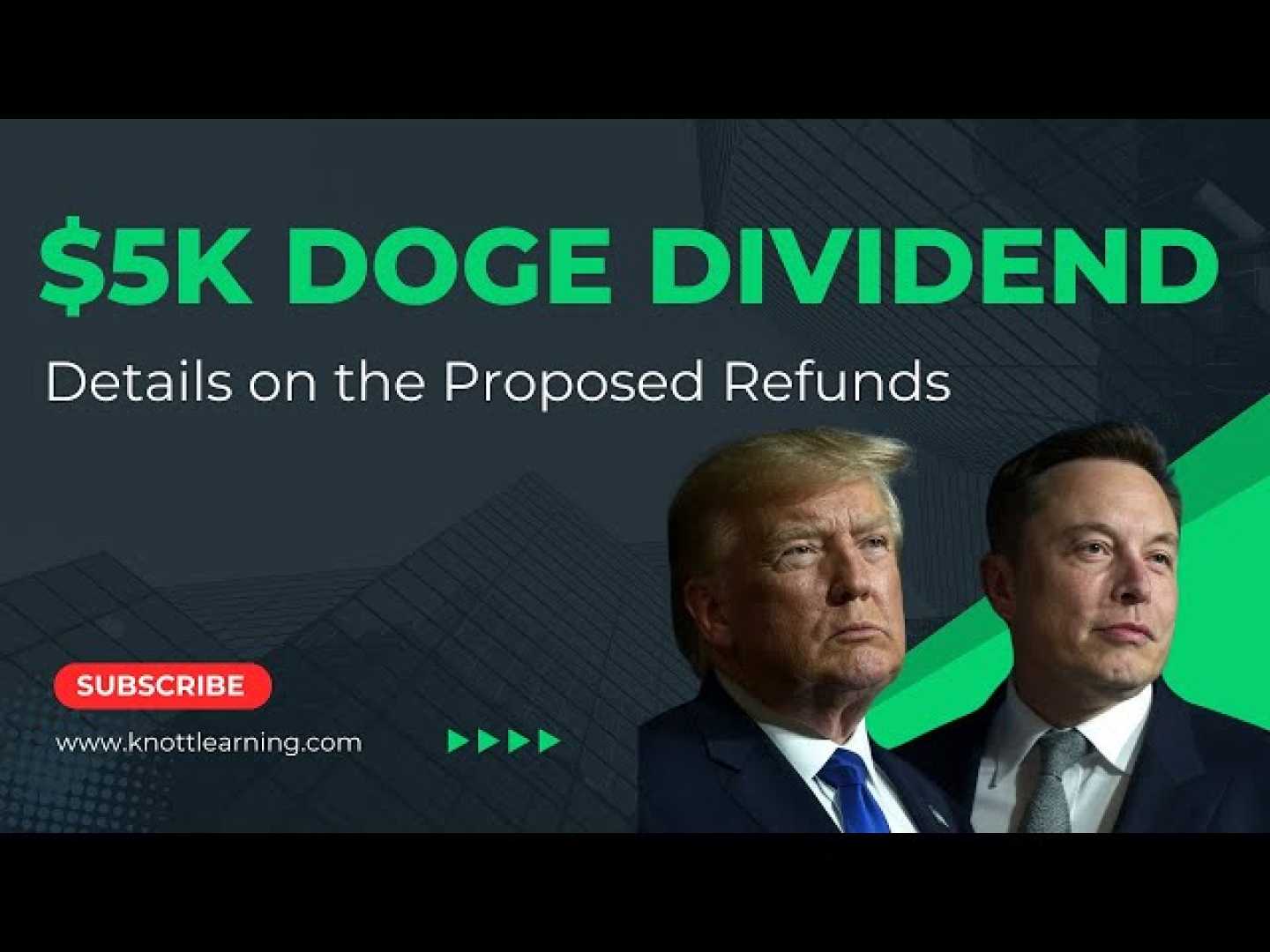Business
Economists Skeptical of Proposed ‘DOGE Dividends’ Tax Rebate

MIAMI, Fla. — A bold proposal by Elon Musk to offer tax rebates dubbed ‘DOGE dividends’ has left economists questioning its feasibility and impact on the economy. The idea, which would allocate 20 percent of expected savings from government cuts, aims to provide $5,000 tax refunds to millions of eligible Americans.
The concept was first introduced on social media, where Musk claimed he would consult with President Trump. During a recent investor conference in Miami, Musk hinted that the proposal was ‘under consideration.’
However, skepticism grew after Musk’s public statements. On Thursday, following House Speaker Mike Johnson’s remarks on stimulus checks, Musk reportedly said, ‘I told the president, he’s supportive of that. So it sounds like something we’re going to do.’
Economists, however, have criticized the proposal as impractical. Jeffrey A. Frankel, an economics professor at Harvard University, dismissed it outright, stating, ‘The whole thing is beyond absurd. It’s not gonna happen. You might as well ask what is the effect if fairies come down and granted some wishes.’
James K. Galbraith, an economist from the University of Texas at Austin, echoed Frankel’s doubts, arguing that Musk has yet to demonstrate actual savings from his efforts at DOGE. ‘Wholesale dismissals, reductions-in-force, and probationary firings are a slash-and-burn approach,’ he said. ‘They will make the federal government less efficient.’
Galbraith further warned that any potential efficiency savings Musk could achieve might be offset by necessary spending on government operations. ‘In that sense, there won’t be any ‘efficiency’ savings,’ he added, although he acknowledged that certain cuts to international spending might generate modest returns.
Lawrence White, an economist at NYU Stern, noted that even if the proposal somehow materialized, it could exacerbate existing national debt. ‘The United States government is spending a whole lot more than it is taking in in tax revenues,’ he explained. ‘Adding to it is not great at the moment.’
White compared the proposed tax rebates to stimulus checks from previous economic downturns, emphasizing that the current economic environment is fundamentally different. ‘This is not 2020. We have a strong economy, we have relatively low unemployment,’ he said. ‘Anybody who claims the economy is terrible simply doesn’t know what they’re talking about.’
Frankel agreed, stating that while some actions by Musk and Trump may risk pushing the economy toward recession, predictions should not be made hastily. ‘Some of the things Trump and Musk are doing may send us into recession and we may then need stimulus, but there’s no point predicting that before it happens.’
Ultimately, Galbraith questioned Musk’s judgment in proposing such ideas. ‘I don’t really know what Musk is thinking, and there is the possibility that he’s not really thinking,’ he concluded.












